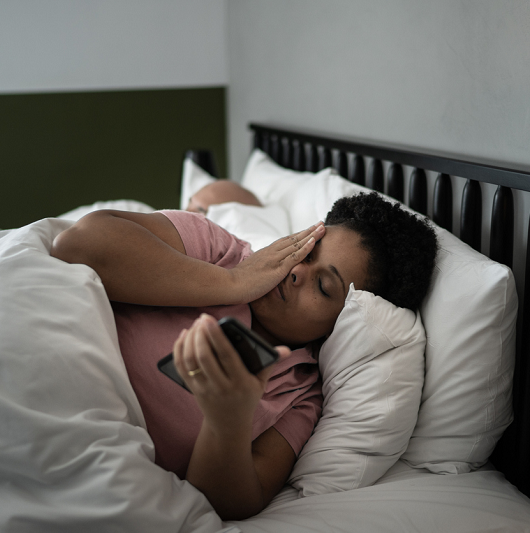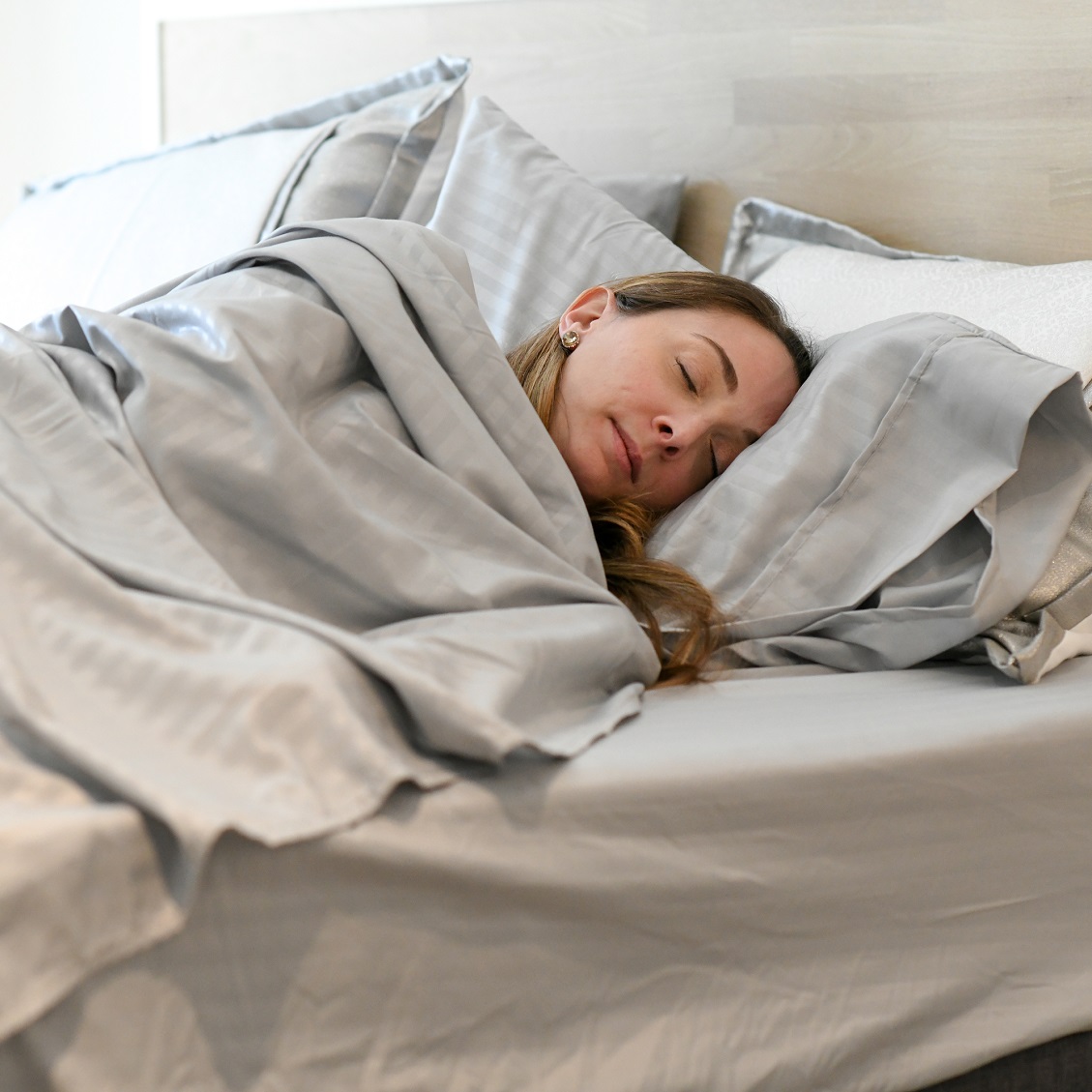Does Melatonin Really Work for a Good Night's Sleep?

December 03, 2024
Sleep can evade even the best of sleepers on occasion. But for those who struggle regularly, can melatonin supplements help? And more importantly, are they safe?
Our expert David Oczos, D.O., a sleep specialist at Jersey Shore University Medical Center, explains everything you need to know.
What Is Melatonin?
“Melatonin is a hormone that is mainly involved in helping circadian rhythm,” says Dr. Oczos. The production of natural melatonin is your body’s response to darkness. Exposure to light at night can reduce your melatonin production. Some people who struggle with sleep may have low levels of melatonin.
Do Melatonin Supplements Work?
While everyone is different, Dr. Oczos says, “They do work, particularly for patients who have trouble falling asleep.” Melatonin supplements can also improve overall sleep quality by helping people get the extra sleep they have been missing.
Two study reviews, one in 2019 and another in 2021, showed that taking melatonin can decrease sleep latency as well as increase sleep quality and duration.
Are Melatonin Supplements Safe?
Melatonin supplements are generally well-tolerated and considered safe. Dr. Oczos says they may cause a few side effects, including:
- Daytime sleepiness
- Headaches
- Gastrointestinal (GI) tract issues
While melatonin supplements aren’t addictive, Dr. Oczos advises that they should only be used in the short term. Currently, there is no data on the effects of long-term use.
Melatonin vs. Prescription Sleep Aids
“Melatonin is not as strong as prescription sleep medications, which are heavier and more sedative,” says Dr. Oczos. But using one is not necessarily better than the other, he adds.
Some people who struggle with sleep aid side effects do well with melatonin supplements. What works best for you depends on your specific circumstances and needs.
When to See a Doctor About Sleep Issues
If you experience any of the following, you may want to consider speaking with your doctor:
- Trouble falling asleep
- Waking up tired
- Needing daytime naps
- Waking up during the night
While we all have occasional bad nights, you don’t need to wait weeks or months before you seek help because sleep is so important. “At the first sign that something out of the ordinary is happening with your sleep, you should see your doctor,” Dr. Oczos advises.
There are many things that can cause sleep issues—from stress and anxiety to other physical medical conditions—so you may need medications or medical interventions other than a sleep aid.
Set Yourself Up for Success
If you are someone who suffers from insomnia, make sure you have good sleep hygiene practices. Dr. Oczos recommends:
- Establishing a bedtime routine to help you wind down
- Keeping your bedroom temperature cool
- Going to bed and waking up at consistent times
Also, use your bed only for sleeping. Do not:
- Scroll on your phone or play games
- Watch TV
- Do any work, such as sending emails
- Read (even for pleasure)
- Lounge in bed awake for long periods of time
If you find yourself still awake after 20–30 minutes, Dr. Oczos says, “Get out of bed and do something boring to get yourself sleepy before heading back to bed.”
Even if you have good sleep hygiene habits, you may have periods of struggle, and melatonin supplements may help in those instances. But Dr. Oczos reminds, “It’s a great tool for the short term.”
Next Steps & Resources:
- Meet our source: David Oczos, D.O.
- Make an appointment with a sleep specialist.
- Learn more about sleep medicine at Hackensack Meridian Health.
The material provided through HealthU is intended to be used as general information only and should not replace the advice of your physician. Always consult your physician for individual care.






